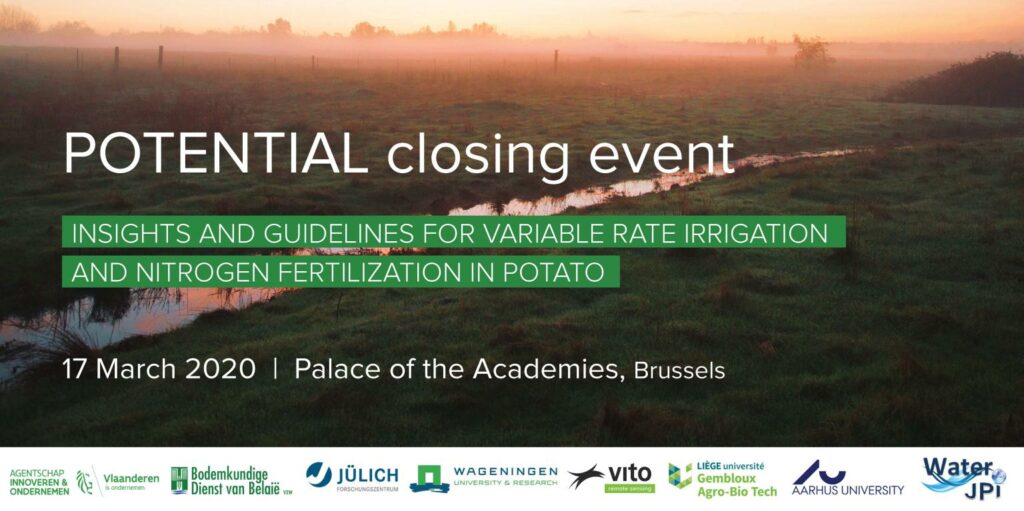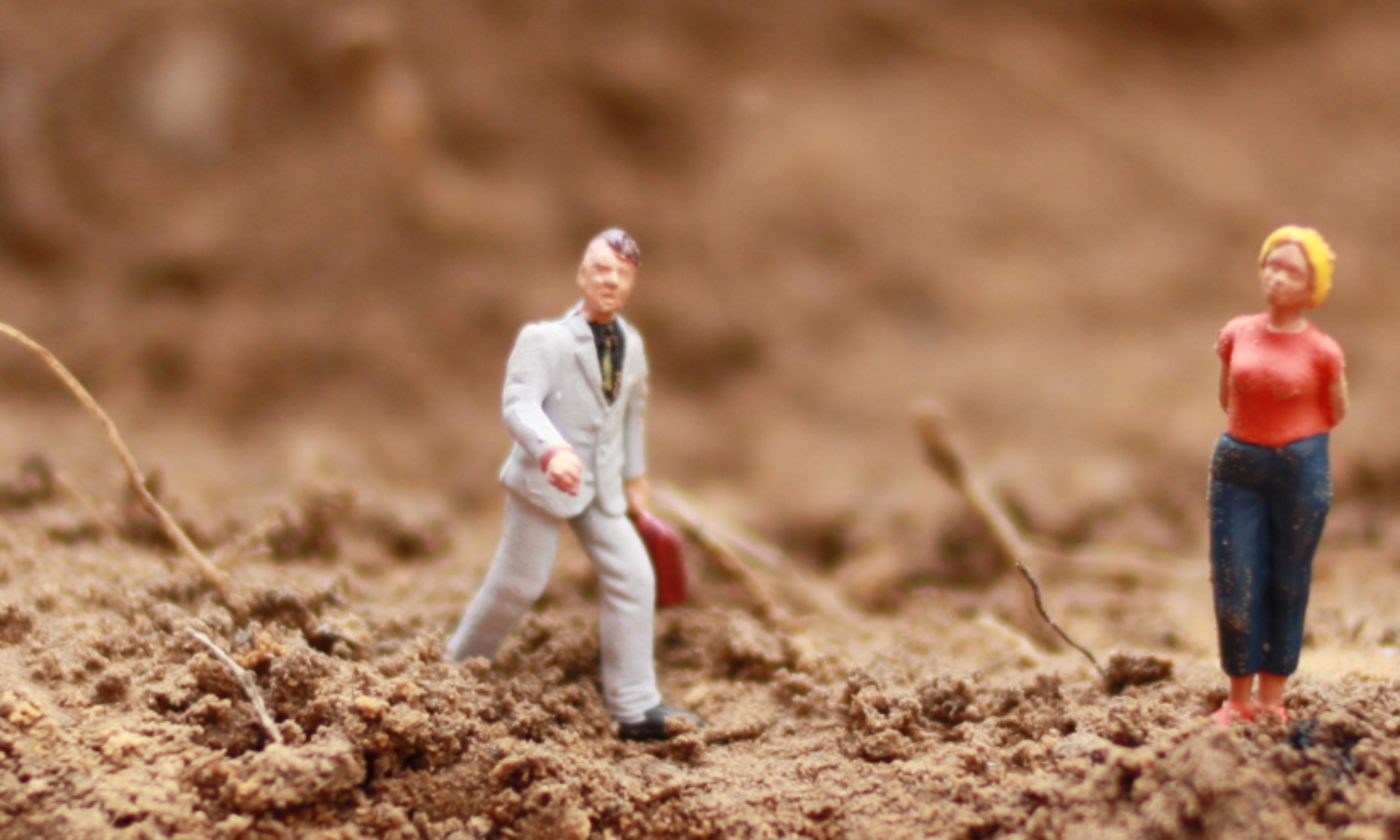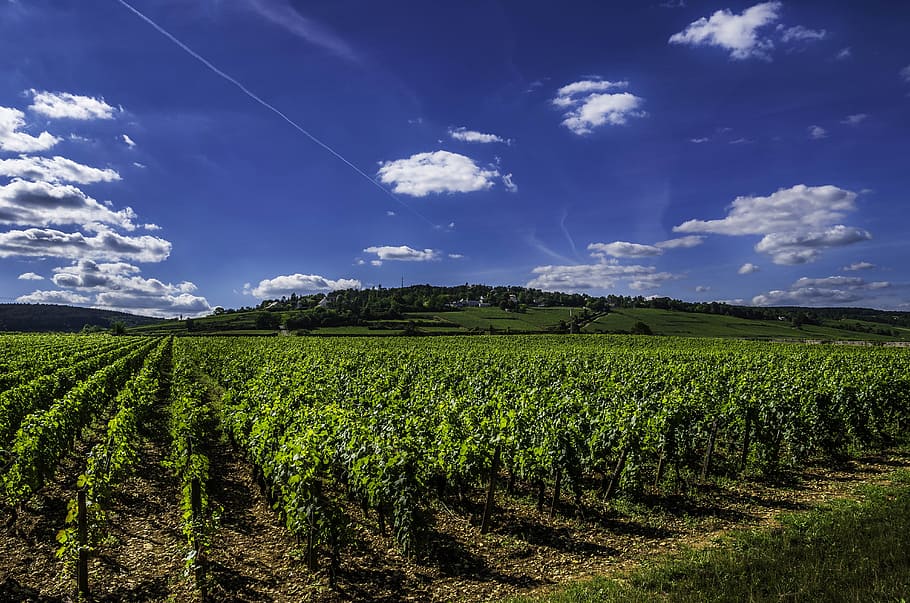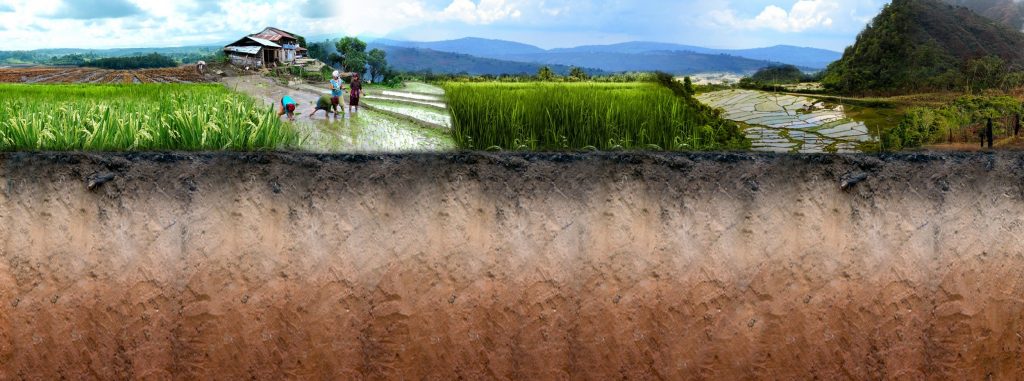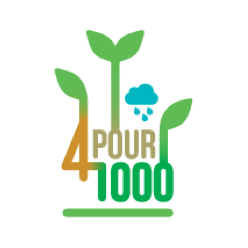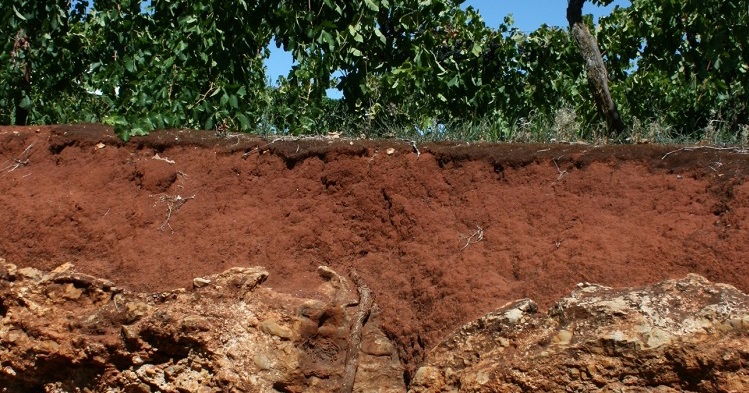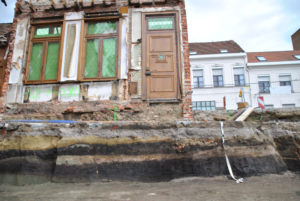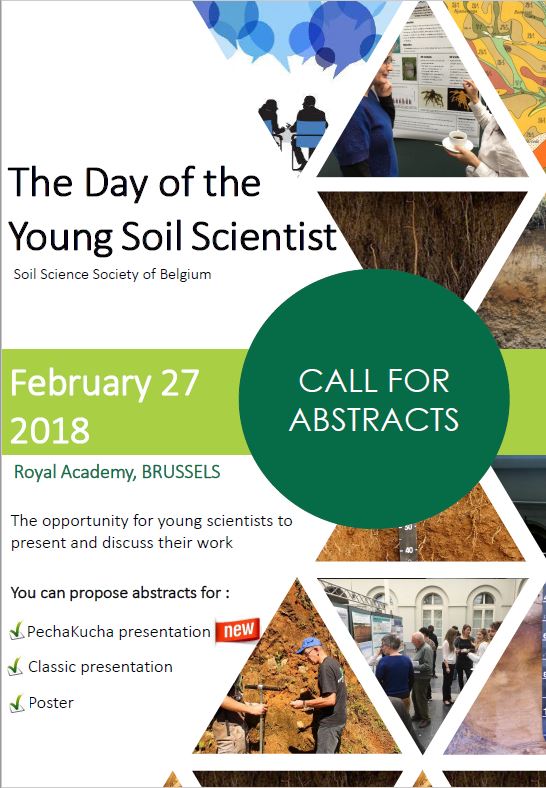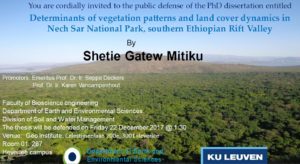What? Thematic day on “Biogeochemical cycles and their role in the Earth system”
When? November 21st, 2018
Where? Palace of the Royal Academies, Brussels
 Description. Biogeochemical cycles are characterized by geo, i.e. physical and chemical transformations of an element on earth; bio, i.e. a cycle involves at least one biotic process; and cycle, because element species produced in one process are eventually consumed in a subsequent process. Biogeochemistry is, therefore, an interdisciplinary discipline that includes physical, chemical, and biological process that contribute to the functions and values of ecosystems on Earth.
Description. Biogeochemical cycles are characterized by geo, i.e. physical and chemical transformations of an element on earth; bio, i.e. a cycle involves at least one biotic process; and cycle, because element species produced in one process are eventually consumed in a subsequent process. Biogeochemistry is, therefore, an interdisciplinary discipline that includes physical, chemical, and biological process that contribute to the functions and values of ecosystems on Earth.
Biogeochemical cycles fulfill key functions that are critically important to maintain life on Earth. These functions include: storage and use of radiation energy the Earth receives (CO2 fixation); and recycling of material, which allows the biosphere to use the same element over and over again. The elements studied in biogeochemical cycles depend on the scientific question to pursue, but in soil science we are merely interested in biogeochemical cycles because of the role they play defining the interaction between livings systems (e.g. plants, microorganisms) and the abiotic environment (e.g. soils, rocks). Major and minor elements are considered as essential or beneficial depending on their role in terrestrial biosphere functioning.
The interplays between elements (C, N, P, S and Fe, Mn, Si, Ca, Mg, K) are however are however central for understanding the role of biogeochemical processes on global balance of elements. The interdisciplinarity nature of biogeochemistry becomes obvious in various research lines, such as: catchment and river monitoring, terrestrial and aquatic ecosystem functioning, biosphere-atmosphere exchange in a global change era, (global) nutrient cycles and their interactions, isotope systems, etc.
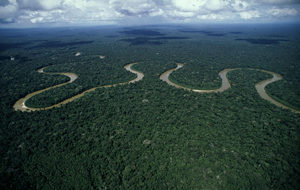 Keynote by Prof. Steven Bouillon (KULeuven) and Prof. Pascal Boeckx (UGent):
Keynote by Prof. Steven Bouillon (KULeuven) and Prof. Pascal Boeckx (UGent):
‘Congo basin biogeochemical cycles: linking terrestrial and aquatic processes’
We invite oral and poster submissions that studied biogeochemical cycles in soil systems, but highly encourage submissions that show interactions between the biosphere, atmosphere, hydrosphere and cryosphere, thereby highlighting the key role of biogeochemical cycles for the Earth system.
Please proceed to abstract submission and registration here.
Deadline for submission: October 19th, 2018.
Price?
SSSB member: 5 Euro
Non-member:
-Thematic Day only: 20 Euro
-Thematic day + Membership for 2019: 40 Euro
